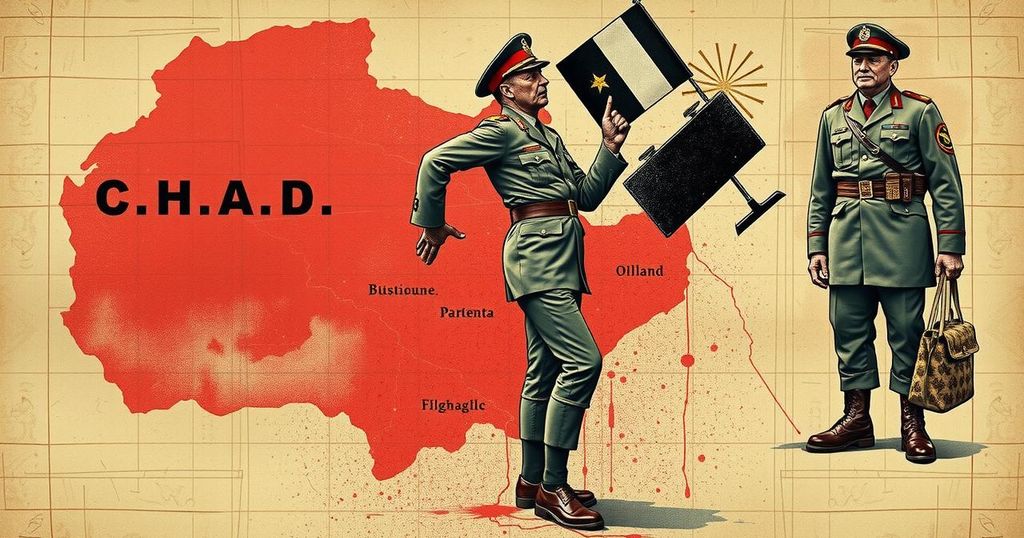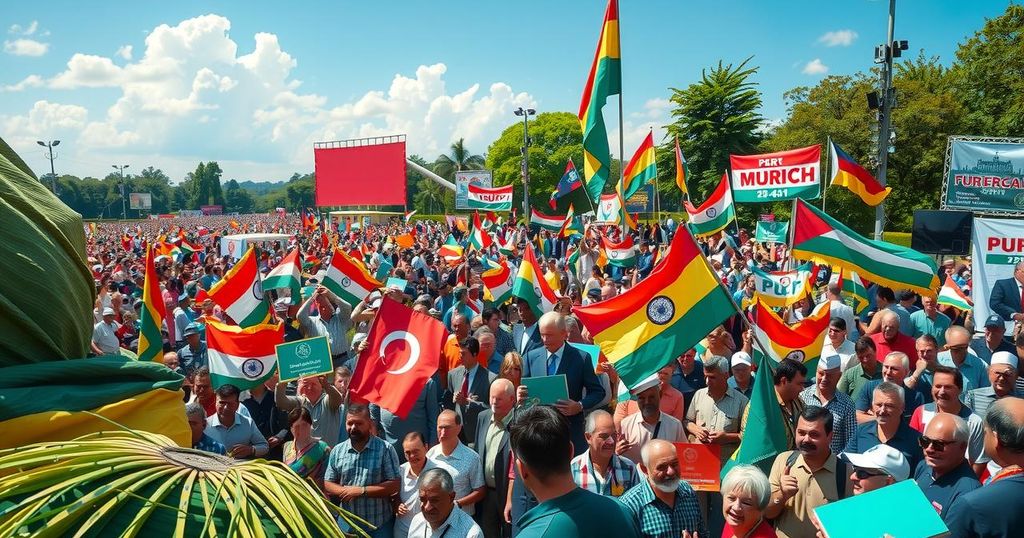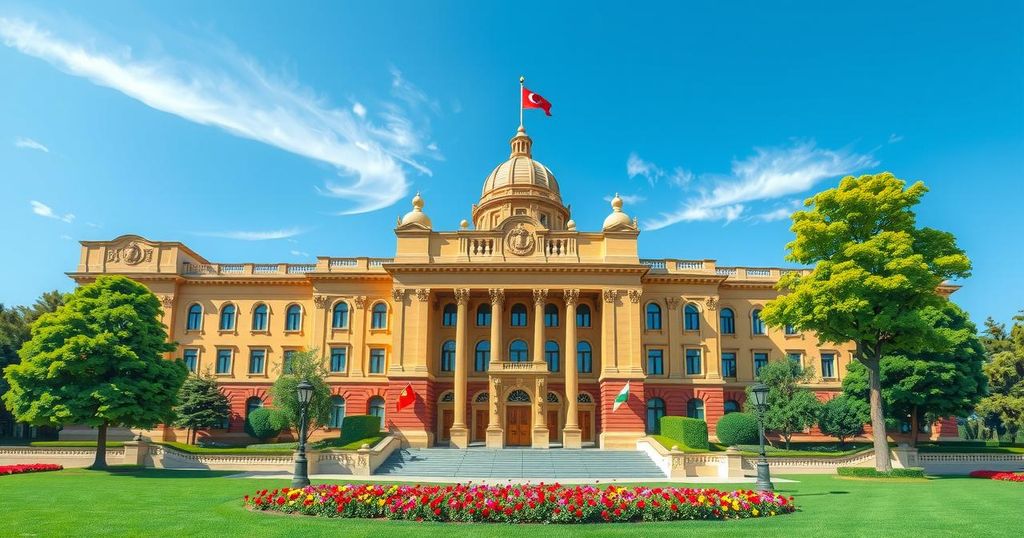Chad’s Elections Amid Boycotts and Allegations of Fraud
On February 17, Chad held legislative, provincial, and local elections after three years of military rule. Opposition parties boycotted the elections, citing fraud in the previous presidential election. Allegations of electoral irregularities surfaced, and the media’s ability to cover the events was severely restricted, raising questions about the process’s legitimacy and the future of democracy in Chad.
On February 17, voters in Chad participated in legislative, provincial, and local elections, marking a significant event after three years of military oversight. Despite the government’s portrayal of these elections as a pivotal moment in the transition to democracy, opposition parties have opted to boycott the polls. They have cited concerns over the legitimacy of the previous presidential election, which they claimed was marred by fraud. The boycott effectively clears the way for candidates aligned with the military leader, Marshal Mahamat Idriss Itno, who ascended to power in 2021 following his father’s death.
The opposition leader, Succes Masra, expressed skepticism about the electoral process, stating, “It is better to stay at home,” and referred to the elections as a facade built on falsehoods. Reports of electoral irregularities have heightened tensions, particularly after the Democratic Party of the Chadian People (PDPT) alleged that over a thousand ballots had gone missing. Voting was conducted amid the scrutiny of international observers and in a climate of unrest, with rising jihadist violence and prior demonstrations being met with significant force. In light of these challenges, the younger Itno’s government aims to assure the populace of a return to democratic governance, though doubts persist regarding their sincerity.
This election cycle is vital for Chad, having not seen legislative elections since 2011, a period during which myriad postponements occurred due to health crises, financial strains, and security threats. The historical legacy of Chad’s former president, Idriss Deby, looms large, as his son’s rise marked a continuation of autocratic rule, heightening concerns about the current regime’s treatment of dissent. Additionally, the media’s coverage remains constrained, underlining the oppressive atmosphere leading up to the elections, as many platforms were prohibited from facilitating reporting on the electoral process.
As Chad navigates this critical juncture, the electoral outcomes are poised to shape the nation’s political landscape significantly, raising fundamental questions about the direction in which the military-led government intends to steer the country.
The recent elections in Chad follow a period of military governance that began after the death of long-term leader Idriss Deby Itno in 2021. In the aftermath, his son, Marshal Mahamat Idriss Itno, assumed power, claiming to transition the nation towards a democratic system. However, the legitimacy of this process has been contested, particularly after a disputed presidential election last year that was labeled fraudulent by opponents. The political climate is aggravated by militant activity from groups like Boko Haram, alongside accusations regarding Chad’s involvement in regional conflicts, notably in Sudan. The opposition’s boycott of the elections reflects widespread disillusionment with the ruling regime’s autocratic practices, compounded by serious concerns over electoral integrity.
The elections held in Chad mark a decisive moment in the nation’s political evolution following years of military control. However, the widespread boycott by opposition groups, citing fraud and repression, casts doubt on the legitimacy of the process. With allegations of electoral misconduct and the suppression of media coverage, the path toward a democratic governance remains fraught with challenges. It remains to be seen whether these elections will effectively herald a new chapter for Chad or perpetuate the cycle of autocratic rule.
Original Source: www.france24.com




Post Comment